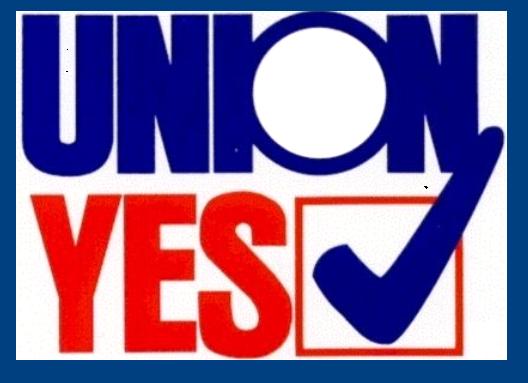By: Jennifer Weitz, Esq. and Ty Hyderally
All employees in the state of New York have a comprehensive law that categorically prohibits employers from paying anything less than the full wages those workers have earned from their employment.
In 2021, former Governor Andrew Cuomo signed Senate Bill 858 (substituted for the identical Assembly Bill 1893), known as the “No Wage Theft Loophole Act,” which addressed an unintended gap in the law that allowed employers to legally withhold wages owed their employees.
The bill, previously introduced in the 2019-2020 legislative session, clarifies that Article 6 of New York’s Labor Law completely and without exception prohibits lack of distribution of earned wages. If interpreted correctly, Article 6 allows a prevailing plaintiff to recover unpaid wages, in addition to attorney’s fees and, oftentimes, liquidated damages. In particular, Section 193 of the Labor Law prohibits any deductions from wages unless the deduction is expressly authorized by the employee in writing and for his or her own benefit. Despite seeming fairly straightforward, the phrase “any deduction” has proven confusing to the courts, which has in turn benefitted unscrupulous employers. To give an obvious example, an employer could short an employee’s paycheck but fail to note the “deduction” on a paystub. Less obvious, but still legal, would be the employer who withholds the entire pay owed, since the statute prohibits “any” deduction but is silent in regard to withholding an entire paycheck. In various opinions, courts have reinforced the notion that Section 198 does not uphold the right of recovery for full wages, which in real life has translated into plaintiffs who are deprived of their earned wages and then deprived of a remedy under the Labor Law due to this persistent misreading.

In an effort to address this dismaying trend, the Legislature first amended Section 198 as part of the Unpaid Wages Prohibition Act in 1997, to declare that “all employees shall have the right to recover full wages, benefits and wage supplements accrued during the six years previous to the commencing of such action.” However, even this language was improperly construed, adding to a body of law that failed to recognize the right of recovery for full wages. From 1998 until the current legislation was signed, New York courts heard over 4,000 cases involving wage theft.
The New York State Legislature acted to finally address this loophole and clarified that employees must be paid what they are owed, no matter what.
En nuestra firma hablamos español. This blog is for informational purposes only. It does not constitute legal advice, and may not reasonably be relied upon as such. If you face a legal issue, you should consult a qualified attorney for independent legal advice with regard to your particular set of facts. This blog may constitute attorney advertising. This blog is not intended to communicate with anyone in a state or other jurisdiction where such a blog may fail to comply with all laws and ethical rules of that state of jurisdiction




